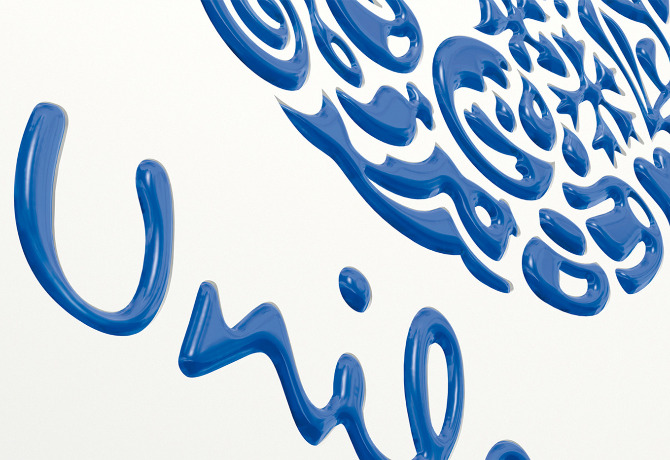Unilever global chief marketing officer Keith Weed has unveiled #unstereotype, a global ambition for all of its brands, as well as the larger industry, to advance advertising away from stereotypical representations of gender.
The FMCG company is urging marketers around the world to step away from outdated portrayals, instead focusing on progressive representations in ads which increase consumer impact, leading to more discussion, making brands more relevant and better connected.
“Stereotyping in advertising is a prevalent issue for all genders,” said Unilever executive vice president of global marketing Aline Santos. “However, our research shows that the negative effects are most keenly felt when it comes to representations of females.”
With 40% of women in tests carried out with Millward Brown saying that they do not identify at all with the women they see in adverts, Santos continued that advertising could be a powerful force in leading positive cultural change.
“We believe it is our responsibility, alongside the industry, to be at the forefront of this change by positively portraying people as they truly are today – progressive ads will lead us to a progressive future for all.”
The surveys revealed that progressive advertising generates stronger engagement, talkability and delivers better branded impact, demonstrating that not only is there an important societal imperative for this change but a business imperative as well.
“It’s an important journey that we must go on if we want to ensure we are truly maximising the potential of our creative outputs for today’s audiences,” said Santos.
Unilever plans to focus on three key areas of role, personality and appearance.
Roles should more broadly represent aspirations and wider achievements beyond product-related responsibilities, personalities should be more authentic and three dimensional, while appearance should be presented as enjoyable and non-critical, creating a positive and creative interest in being whoever you want to be.
“The time is right for us as an industry to challenge and change how we portray gender in our advertising,” said Weed. “Our industry spends billions of dollars annually shaping perceptions and we have a responsibility to use this power in a positive manner. As Unilever we are at the start of a journey, and we are passionate about challenging the stereotypes that are pervasive.”
Several Unilever brands have already begun changing portrayals of gender, including Axe’s Find Your Magic campaign, along with work by Dove, Knorr, Lifebuoy and Brooke Bond Red Label’s transgender brand 6-Pack in India.
“With our Knorr brand, we recognised that traditional gender roles around food had started to blur and cooking had become much more inclusive and indeed on trend, like the Masterchef series,” said Santos.
“For Knorr to remain relevant, be inspirational and progressive, we knew we needed to change – niching our foodie conversation to specific gender roles seemed outdated, that’s why when we portray our consumers today you see divorced dads, groups of students and millennials, not just the traditional stereotyped perfect family with mum doing the cooking.”
Meanwhile, Lifebuoy has taken to portraying women as the voice of authority, the one who influences the family and leads change, which reflects the shift happening in markets like India.
“We used progressive personalities like a real doctor or a real life Bollywood mother who are known to stand for women’s rights and the cause of Help a Child Reach 5,” commented Santos. “We took casting seriously to counter advertising stereotypes.”
A recent Lifebuoy campaign features not only a female doctor, a role rarely depicted in Indian pop culture, but a pregnant, female doctor as the voice of authority. This change reflects shifts happening in markets like India with working mothers in high level roles; helping continue to drive an evolution by providing an aspirational opportunity for women.
“Geena and I are heartened by this significant and progressive move from Unilever,” commented Geena Davis Institute of Gender in Media chief executive officer Madeline Di Nonno. “Media is the only business industry when we can literally paint a picture of the world the way we want it to be. One 30-second spot can make a lifetime impression.
“Advertising as a storytelling medium is as important as the programming it is attached to. We believe advertising can take a lead position and ignite the advertising and content industries to jump on board and embrace this movement.”
Several of Unilever’s partner agencies including BBH, 72andSunny, JWT, DDB, MullenLowe and Ogilvy, have already confirmed that they will be adopting the new approach with many more likely to follow.
“We hope that #unstereotype inspires others in the industry to join us and commit to building brands in a way that puts advertising on the forefront of leading culture with progressive portrayals of everyone,” concluded Santos.
Check out our Daily Show with Santos and Landmrk co-founder Tom Nield here:








